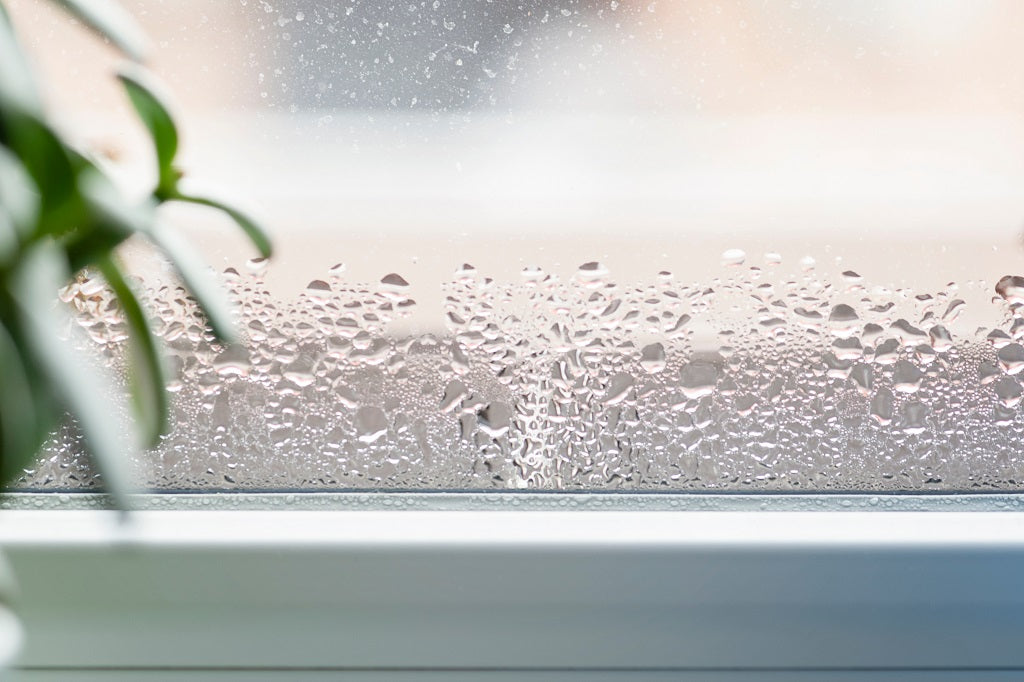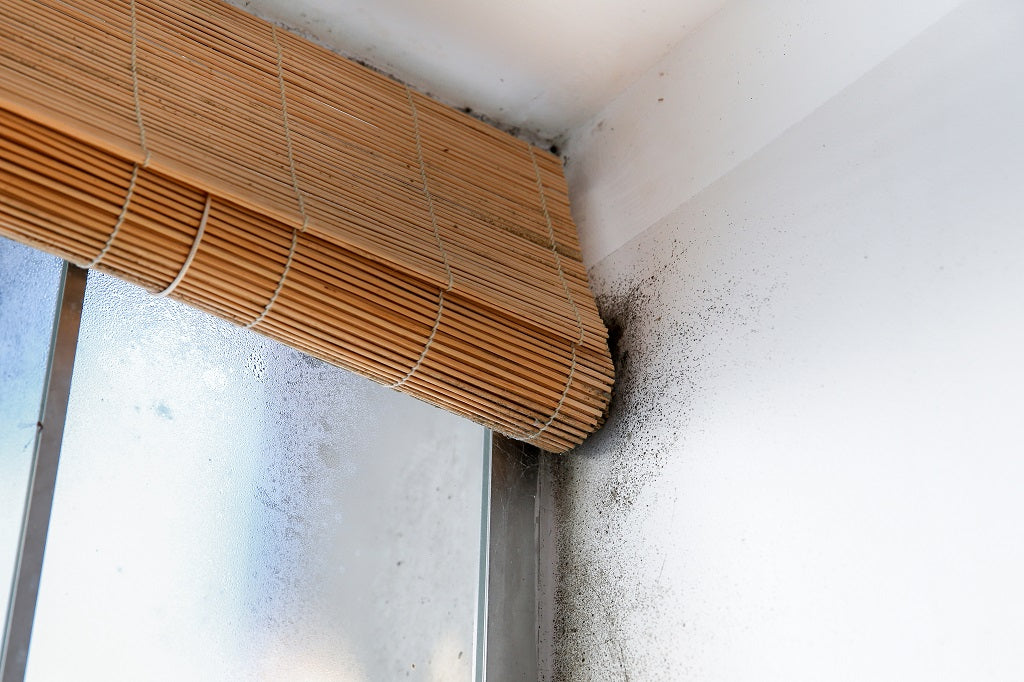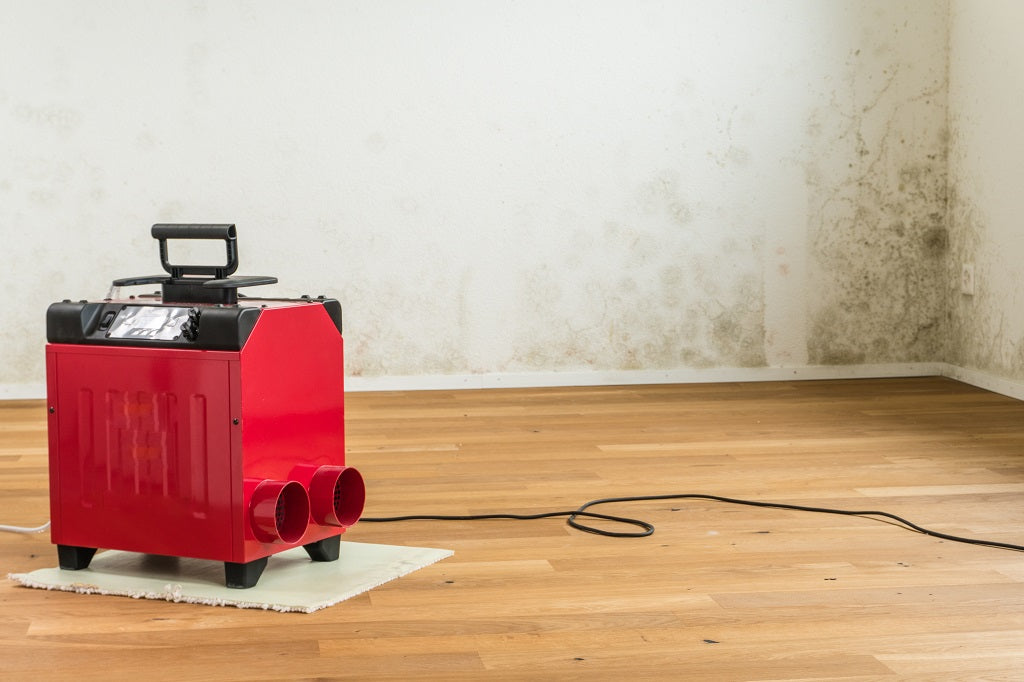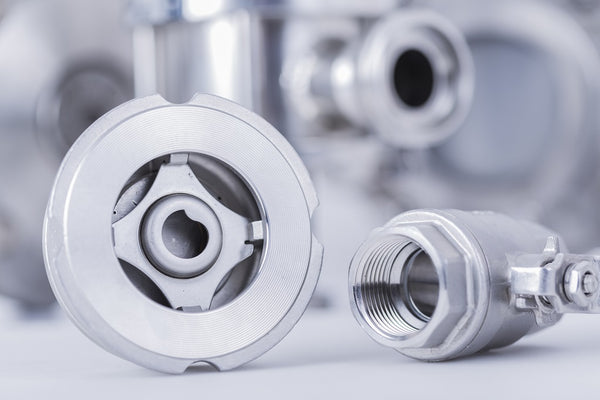
The humidity in your home is equally as important as the temperature. Having a too high humidity level can affect your comfort and health. So, when do you need a dehumidifier?
Do you notice water stains on walls, mold wroth, and wood rot? These are just some of the signs of when a dehumidifier is needed, but there are much more. You need to know about all of them to understand if you need this device.
Blackhawk Supply has decades of experience with air cleaners, purifiers, and dehumidifiers. We can help you answer the question: “Do I need a dehumidifier?” Moreover, we will guide you through the different dehumidifier types so you can get the best device for your home.
Sound interesting? Let’s start with potential signs of a high humidity level.
Signs Your Home Humidity Level Is Too High

High levels of indoor humidity can cause all types of problems in your home. They range from condensation on the walls to structural damage and health problems.
Let’s look at the most obvious signs you need a dehumidifier.
1. Windows Are Getting Wet from the Inside
Too much humidity in your house can create condensation. It usually happens during cold weather when the air inside is warm and too moist. As the hot indoor air touches cold glass windows, tiny water droplets build on them.
Condensation on your windows means you need to buy a dehumidifier to reduce the air moisture levels. If you ignore this problem for too long, you will notice other unpleasant consequences.
2. Water Stains On Your Walls
Condensation can affect the walls in your home. It happens when you have a high indoor temperature during cold winters if the air inside your house is too humid. As we mentioned, water droplets usually appear on windows. However, moisture can appear on the cold areas inside your walls.
If you’re thinking “My piping system can cause those problems! How do I know if I need a dehumidifier for this?” That’s why we advise calling a technician first to examine your HVAC and plumbing systems. If everything works fine — you probably need to get a dehumidifier.
3. Mildew And Mold Appear in Your House
Do you see any mold or mildew in your house? That’s a surefire sign your air is too damp.
Humid air allows airborne pollutants, such as mold spores, to spread on damp surfaces. There are many ways to learn if the humidity is causing mildew in your house:
- Strange stains on the ceiling, walls, and floor
- Mold in corners of your house
- A musty and damp air
The faster you start using a dehumidifier, the better. Otherwise, the mold spores may cause irritation and health problems.
4. You Feel Uncomfortable Indoors
Do you feel hot and sticky in your house? This may be the result of a high level of indoor humidity.
Damp air can cause several symptoms, such as:
- Stuffy nose
- Watery eyes
- Constant sweating
- Breathing difficulties
The more of these symptoms you experience, the more reasons to get a dehumidifier. Don’t put this off too long, as prolonged exposure to moist environments can even damage your health, especially if you already have respiratory problems.
5. Dampness in Your Basement
Basements often have elevated humidity levels. Sometimes, air can get damp from water leaks or insufficient insulation (during spring and fall). Moisture can also appear from inefficient HVAC or if your basement doesn’t have a return vent.
If you’ve already addressed these problems or if your basement lacks proper insulation, you can get a dehumidifier. In any case, this will be a much cheaper and effective solution to keep the air humidity level in order.
6. The Wood Is Starting to rot
Too much moisture can affect the wood in your house. If you notice any rotting wood, it’s best to act quickly and replace it. Otherwise, it may cause structural damage.
However, you can avoid these problems by keeping the indoor humidity at acceptable levels. The easiest way to do it is to install a portable or whole-house device that will dehumidify the air.
7. Large HVAC System
Bigger isn’t necessarily better when it comes to your HVAC system. We understand that oversized units are more effective for temperature control. However, if your ventilation equipment is too large for your home, it might result in excessive indoor humidity. As a result, you’ll notice all of the signs we’ve mentioned before.
What can you do to resolve this issue? For starters, you don’t need to replace your entire HVAC system. You can instead get a dehumidifier to keep the water in the air at an appropriate level.
Best Types of Dehumidifiers for Home

A good dehumidifier can maintain optimal indoor humidity, which stands somewhere between 35 percent and 55 percent depending on your preference. Our guide to dehumidifier types will tell you about the best device you can get for your home.
Portable
Portable dehumidifiers can reduce air humidity in small and medium-sized rooms (the working area should be specified by the manufacturer). This is one of the most popular dehumidifier types on the market because they are reasonably cheap and don’t require an initial setup.
Portable devices won’t be enough for the entire house. However, you can save money by moving them from room to room.
As a downside, these devices are less energy-efficient than whole-house solutions. You’ll also need to empty the water tank at least once every few days.
There are two categories of portable dehumidifiers. Refrigerant devices dehumidify the air by cooling it with fans. Desiccant devices, on the other hand, process the air and absorb moisture via a special material (for example, silica gel).
Pros
- Ready to work out of the box
- Reasonably priced
- Easy to move around
- Great for rented houses and small apartments
Cons
- Requires manual maintenance
- Not very energy efficient
- Designed for smaller rooms
Whole-House
Whole-house dehumidifiers connect to the existing ductwork. They are capable of maintaining an appropriate level of humidity in the whole house.
These devices are relatively expensive compared to portable ones. You will also need professional help to install them in your heating unit or central air system.
However, this is the best type of dehumidifier in terms of efficiency. The device works great for large spaces and houses severe humidity problems. They also require minimal maintenance and have a reasonable energy consumption level.
Pros
- Extremely effective for humidity control
- A long-lasting device that requires minimal maintenance
- Energy efficient
- Highly customizable from a wall-mounted control panel
- Don’t take space in the room
- Can work for the entire house or apartment
Cons
- Installs to the existing ductwork and requires technical skills to set up
- The initial cost can be very expensive
Conclusion
High indoor humidity can cause all sorts of nuances, structural damage, and even health problems. It’s essential to understand when you need a dehumidifier to avoid potential risk and expensive repairs.
Do you want to get an effective and reasonably priced dehumidifier for your house? Check Blackhawk Supply for a selection of humidity controllers and dehumidifiers and pick the best device for your home!


